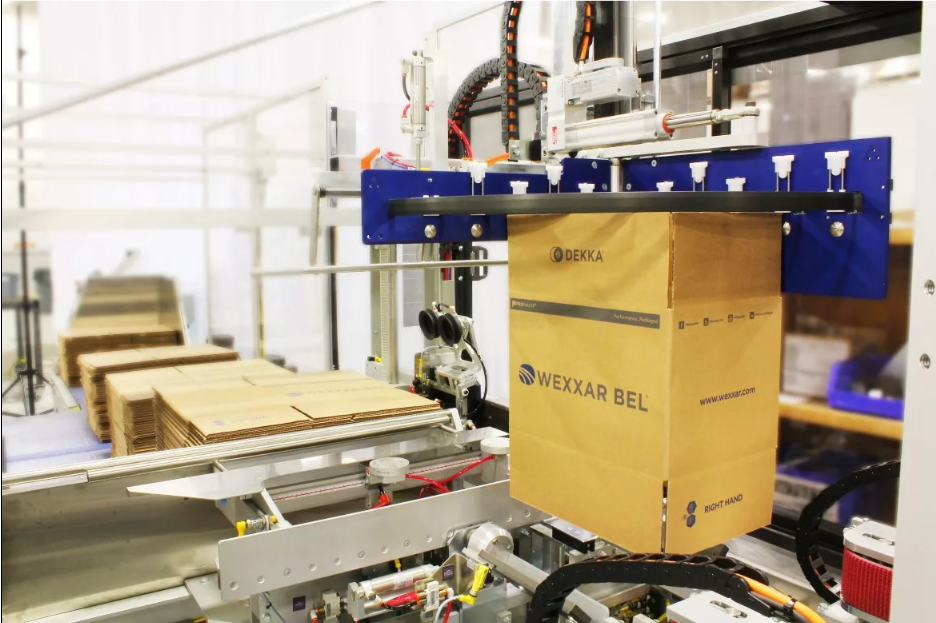Choosing high-quality panel materials is essential in woodworking, furniture making, and cabinetry. When sourcing imported birch plywood, one of the most critical aspects to examine is veneer thickness, both on the face and back veneers as well as the interior plies. Veneer thickness directly affects durability, machinability, aesthetics, and long-term stability. Understanding how it influences plywood performance is key for craftsmen, designers, and builders aiming for professional results.
Why Veneer Thickness Matters
Veneer thickness refers to the thickness of each thin sheet, or ply, of wood within the plywood panel. Plywood is constructed by layering these veneers and bonding them under heat and pressure. The outer face and back veneers and the core layers may differ in thickness. Thicker veneers are more robust, resist damage during handling and machining, and reduce the risk of exposing manufacturing defects. Conversely, very thin veneers are delicate and more likely to chip or sand through during finishing.
Interior plies, when thinner and more numerous, contribute to improved stability and reduced warping. High-quality birch plywood with consistent veneer thickness throughout the panel ensures uniform strength, bending properties, and a balanced structure.
Imported Birch Plywood: Key Characteristics
Imported birch plywood, particularly from regions known for premium birch, offers superior veneer quality and consistent ply construction. Both Russian birch plywood and imported Baltic birch are prized for thicker face veneers and carefully controlled core layers. Thicker outer veneers provide a durable surface that withstands sanding, cutting, and shaping. Meanwhile, multiple thinner core plies arranged in a cross-grain pattern create a dense, void-free interior. This construction improves structural integrity and allows the panel to hold screws and fasteners effectively.
How Veneer Thickness Influences Performance
Durability and Surface Quality
Thicker face veneers provide a buffer during sanding or edge finishing. Panels with thin veneers are prone to defects, such as exposed core layers, and may reveal inconsistencies in wood grain. Premium imported birch plywood reduces these risks, making it ideal for projects that require flawless surface finishing.
Machinability and Joinery
Panels with consistent veneer thickness and uniform core layers perform better during routing, cutting, and joinery work. They are less prone to tear-out or core voids, allowing for precise work. Dense, void-free interior layers ensure screws and fasteners hold firmly, a critical factor in furniture construction and cabinetry.
Structural Stability
Panels with multiple thin plies are more resistant to warping and bending. The cross-grain arrangement distributes stresses evenly, resulting in superior dimensional stability compared to conventional plywood. This stability is particularly important for projects exposed to varying humidity or temperature changes.
Edge Appearance
Consistent veneer thickness across all plies produces clean edges that can often be left exposed without the need for edge banding. This is a distinct advantage of imported Baltic birch and Russian birch plywood, providing a polished, professional appearance in furniture or cabinetry work.
What to Look for When Choosing Plywood
When purchasing imported birch plywood, consider the following:
- Face Veneer Thickness: Ensure the face veneer provides enough buffer for sanding and finishing.
- Core Construction: Multiple thin plies improve stability and durability.
- Void-Free Core: Panels with voids compromise strength and edge quality.
- Finish Allowance: Choose plywood that allows safe sanding without penetrating the surface veneer.
- Consistent Ply Quality: Uniform thickness across all plies ensures reliable performance.
Conclusion
Veneer thickness is a crucial factor that determines the quality and performance of imported birch plywood. It influences durability, machinability, stability, and aesthetics. Selecting panels with thick face veneers and uniform core layers ensures a premium result, especially when working with high-grade options like Russian birch plywood. Paying attention to veneer thickness from a reliable plywood importer guarantees a product that meets professional standards and delivers exceptional long-term performance.



